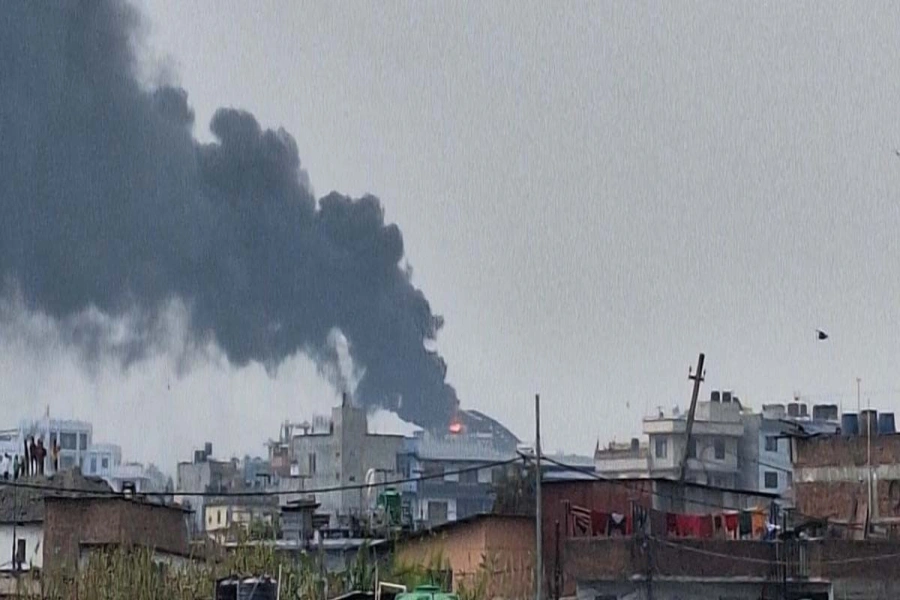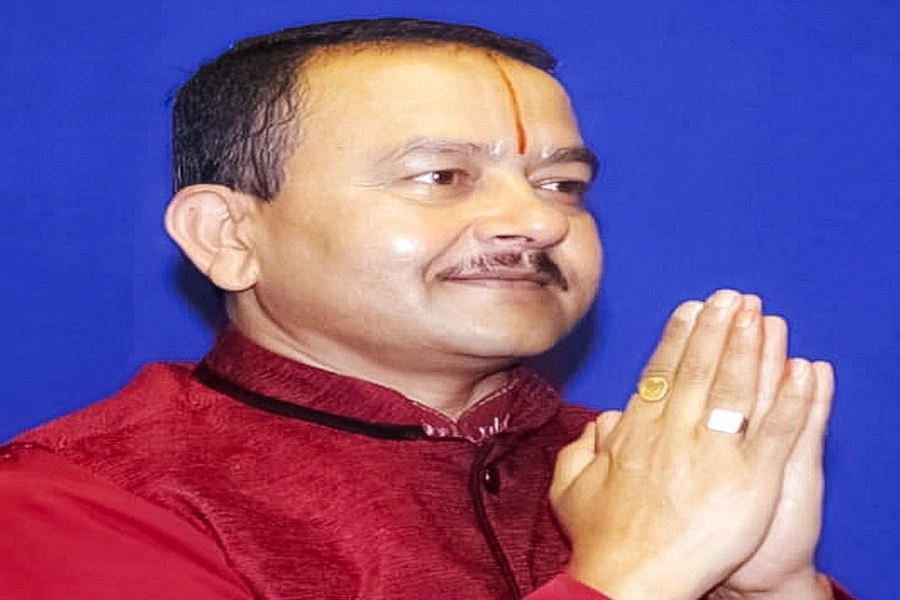KASKI, Aug 29: There is a lack of human resource for the operation of the 'dialysis' service center in Pokhara's Infectious and Communicable Disease Hospital under Gandaki Provincial Government.
Recently, a 25-bed dialysis center for dialysis services was established in that hospital, but it has not been able to operate at its full capacity due to the lack of necessary human resources. If the dialysis machine in the hospital is able to operate in three shifts a day, a maximum of 33 people can receive the services daily. However, the medical superintendent of the hospital Bikash Gauchan said that it could not fully operate due to the lack of human resources. According to him, mainly there is a shortage of nurse staff.
The number of people waiting for services is expected to reduce to zero if the Gandaki provincial government adds machines, equipment and human resources to the hospitals in the district. He said, "The Gandaki province government has put forward a plan to reduce the number of people waiting for dialysis services to zero. However, we still lack the human resources to operate the service center. There is a shortage of doctors and nursing staff to operate the machines in the hospital at full capacity.”
Kidney patients in despair as BPKIHS decides to provide dialysi...

The hospital has requested more human resources to run the dialysis service. Even though 20 people have been requested for nursing, Dr Gauchan said that the human resource is compelled to operate wards and emergency rooms. According to him, even if new employees are recruited from mid- September, 10 more nurses are needed. The hospital has said that the new employees will be sent to Kathmandu for training for one month as they have to be trained before starting the service.
The hospital has asked for 35 new employees to run dialysis and other services. It includes doctors, nurses, laboratory technicians, pharmacists, etc. The provincial government has taken a policy to facilitate dialysis services for the treatment of kidney patients. There is a government plan to make the service more effective by increasing the manpower in the hospitals.
At present, this service is in operation in 15 hospitals and health institutions, nine government hospitals and six private ones within the province. The number of patients receiving dialysis services increases in respect to the increase in number of kidney disease patients. However, health equipment is limited.
According to the Provincial Ministry of Health and Social Development, currently 576 patients in the province are receiving dialysis services. Similarly, it is said that three hundred and three people are waiting for services and are forced to pay expensive fees in private hospitals.
It is said that the service will be facilitated within the next three months as the ministry has purchased dialysis machines and sent them to other district hospitals including Pokhara. Health Minister Sushila Simkhada said that the service has been operated in all hospitals of the province and two dialysis machines have been added in Damauli, Lamjung, Syangja and Parbat district hospitals.
She said, "The government is working with the priority of getting easy service for citizens so that they don't have to wait for their turn to receive dialysis services. We have prepared the necessary human resources, tools, equipment and infrastructure in Infectious and Communicable Disease Hospital.”






-1200x560-1772467693.webp)




























